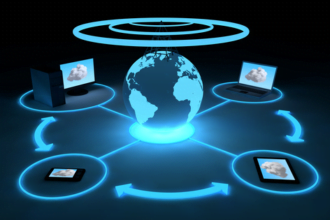Doctors always have had a lot of influence with their patients. And now, as healthcare continues to evolve via new technology, this physician influence extends even to health apps.
Mitchell Research and Communications, in a recent survey of baby boomers, found that doctors have quite a bit of influence with patients in terms of their recommendations for apps for chronic and life threatening diseases. Among 600 baby boomers questioned in the survey, the consensus was that “they are more willing to download a health and wellness app based on their doctor’s recommendation and were much less likely to download an app recommend by their family or friends,” according to a review of the survey by John Pugh, the director of digital communications at Boehringer Ingelheim’s Global Centre in Germany.
FOR BOOMERS, DOCTOR KNOWS BEST WHEN IT COMES TO APPS
(You can read Pugh’s post on apps here on the PSFK website, or click here for the Mitchellreport.)
Among the specific findings based on the baby-boomer responses to the Mitchell survey:
* 5% would download an app recommended by their friends
* 18% would download an app recommended by their family
* 60% would download an app recommended by their doctor
“Patients with chronic or life threatening conditions were 70 percent more likely to download an app to track their medical issues, while only half of users would download an app looking for general information or weight loss help,” Pugh wrote.
In addition, according to Mitchell roughly 1 in 4 (24%) of the nation’s 78 million baby boomers own smartphones.
Mitchell’s findings indicated that Boomers are likely to download apps, and they are in a life stage where they need to monitor their health:
* Almost half (49%) have downloaded six or more apps.
* More than one-fourth (28%) have downloaded between 1-5 apps.
Mitchell also noted that one-quarter of Boomers (24%) have either been diagnosed with heart disease (15%), diabetes (7%) or both (2%).
“Seven-in-ten (70%) with diabetes are likely to download a mobile app dealing with diabetes,” Mitchell said in a statement. “Half (50%) with a heart condition would download a heart disease app. People with serious diseases will download apps to help them live longer.”
The Health 2.0 Con will begin next week in San Francisco. It will be focused on Mobile Health applications, and Developer’ Challenges. The big question being asked is will patients (consumers) pay for eHealth and mHealth?
What do you think?

